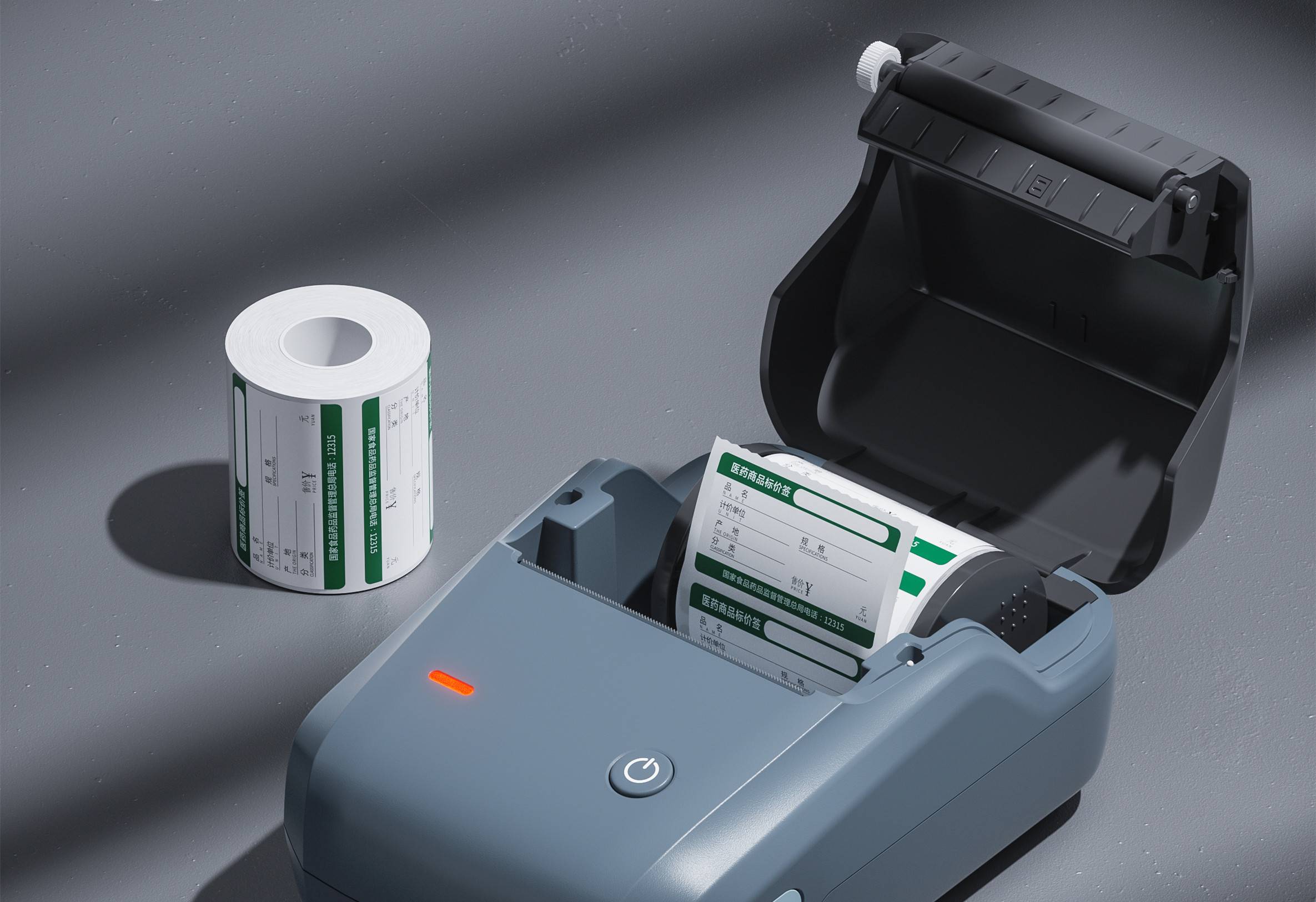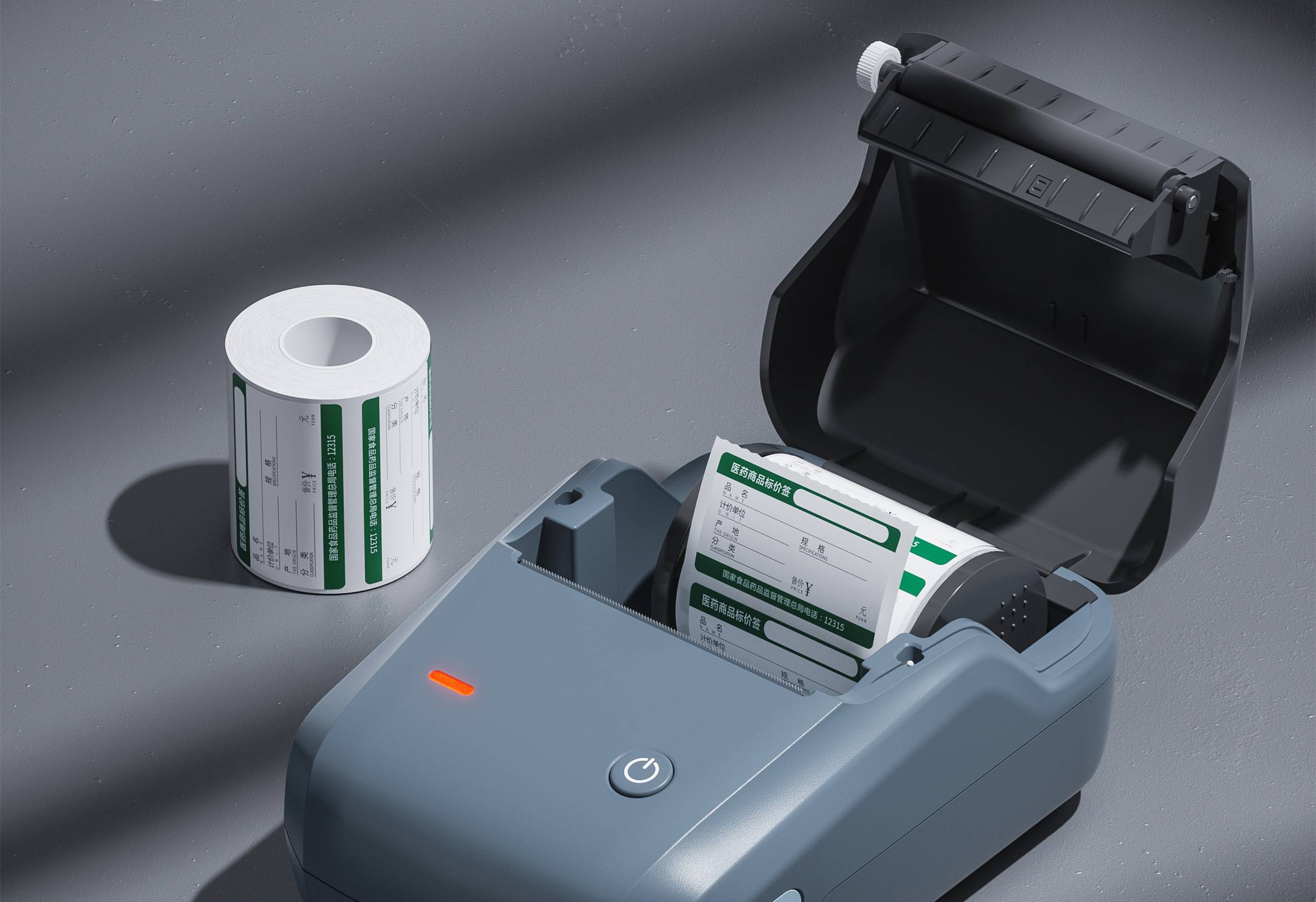
basic introduction
Lithium iron phosphate battery packs have been widely used in various life fields in recent years. The volume energy density has become higher and higher, the capacity has become larger and larger, and safety has also been paid more and more attention. The safety performance test of lithium batteries is particularly important. Lithium batteries have frequent safety accidents in electric vehicle power batteries. How to solve the hidden dangers of lithium battery packs has always been a hot topic in the industry. Today ZRLK will introduce the safety test items and standards for lithium batteries.
National certification standards
Exporting country | Certification project | Testing standards | Applicable Products |
United States | UL | UL 2054 | Battery pack |
UL 1642 | Batteries | ||
UL 2271 | Battery pack / cell | ||
CTIA | IEEE 1725 | Battery pack | |
CTIA | IEEE 1725 | Batteries | |
IECEE | CB | IEC 62133:2012 | Battery pack / cell |
EU Germany | GS | EN 62133:2013 | Battery pack |
China | CQC | GB 31241-2014 | Battery pack / battery |
Korea | KC | KC 62133 | Battery pack / cell |
Japanese | PSE | JIS C 8712 | Battery pack / cell |
Taiwan | BSMI | CNS 15364 102 | Battery pack / cell |
India | BIS | IS 16046:2012 | Battery pack / cell |
Thailand | TISI | TIS 2214-2548 | Battery pack |
Air shipping | UN38.3 | ST/SG/AC.10/11/Rev. 5Section 38.3/Amend.2 | Battery pack / battery |
Security test method
1. Low air pressure
Test purpose: The low-pressure test is used to simulate the impact of low-pressure conditions on the safety of lithium iron phosphate battery packs during air transportation. After the test, the sample should not be fire, explosion, or liquid leakage. Equipment: such as vacuum box (or low pressure test box), charge and discharge tester, etc.
2. Temperature cycle
The purpose of the test: The temperature cycle test of the lithium battery is used to simulate the safety of the lithium ion battery during transportation or storage, and repeatedly exposed to low and high temperature environments. The test is performed using rapid and extreme temperature changes. After the test, the sample shall be non-flammable, non-explosive and non-leakable. Equipment: such as temperature test chamber, charge and discharge tester, etc.
3. Vibration
Purpose of the test: This test simulates that vibration during transportation and carrying should not cause safety problems such as liquid leakage, fire and explosion of lithium ion batteries. Equipment: such as vibration test bench, charge and discharge tester, etc.
Safety testing standards
1. Extrusion test:
Put the fully charged lithium battery pack on a flat surface, and apply a pressing force of 13±1KN by the hydraulic cylinder, and squeeze the battery by a flat steel rod with a diameter of 32mm. No fire, no explosion.
2. Impact test:
After the battery is fully charged, place it on a flat surface, place a steel column with a diameter of 15.8 mm vertically at the center of the battery, and freely drop a weight of 9.1 kg from a height of 610 mm onto the steel column above the battery. Lithium battery pack can not be fired or exploded.
3. Overcharge test:
Fully charge the lithium battery with 1C, and perform an overcharge test according to the 3C overcharge of 10V. When the battery overcharges, the voltage rises to a certain voltage and stabilizes for a period of time. When the battery voltage is approaching a certain time, the battery voltage rises rapidly. The high cap is pulled off, the voltage drops to 0V, and the lithium battery does not catch fire or explode.
4. Short circuit test:
After the battery is fully charged, short-circuit the positive and negative electrodes of the battery with a wire with a resistance not greater than 50mΩ. Test the surface temperature of the battery. The maximum surface temperature of the battery is 140°C. The battery cap is opened, and the battery does not catch fire or explode.
5. Acupuncture test:
Place the fully charged battery on a flat surface and pierce the battery with a 3mm diameter steel needle in the radial direction. Test the lithium battery pack without fire or explosion.
6. Temperature cycle test:
Lithium-ion battery temperature cycle test is used to simulate the safety of lithium-ion batteries during transportation or storage, and repeatedly exposed to low and high temperature environments. The test is conducted using rapid and extreme temperature changes. After the test, the sample shall be non-flammable, non-explosive and non-leakable.
Our advantage
1. With a professional qualification and experienced expert technical team, we can provide you with professional consultation and services.
2. Have advanced laboratory equipment to ensure the accuracy and reliability of test data.
3. As a third-party testing and certification organization trusted by customers worldwide, we are your certificate of quality.

Label printers entering the Brazilian market, ANATEL certification is an essential passport! It is the recognition of the Brazilian Telecommunications Authority for the safety and compliance of electronic products, without which products cannot be legally sold.

SRRC certification is not only a guarantee of product compliance, but also a key to opening up the market.

FCC ID certification is a mandatory certification for electronic products by the Federal Communications Commission (FCC) in the United States, and it is essential for label printers to obtain this certification.
Lithium iron phosphate battery packs have been widely used in various life fields in recent years. The volume energy density has become higher and higher, the capacity has become larger and larger, and safety has also been paid more and more attention.
Get a quote